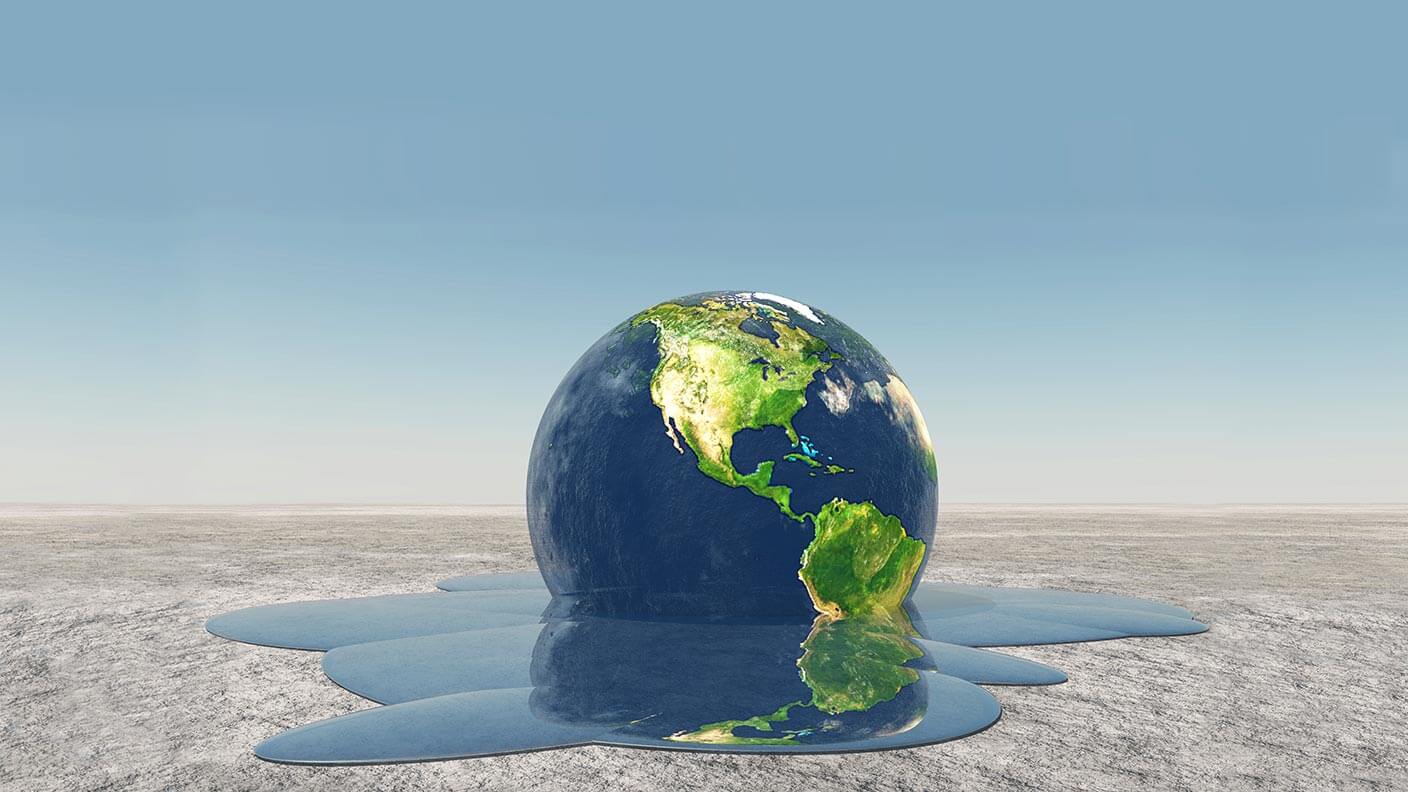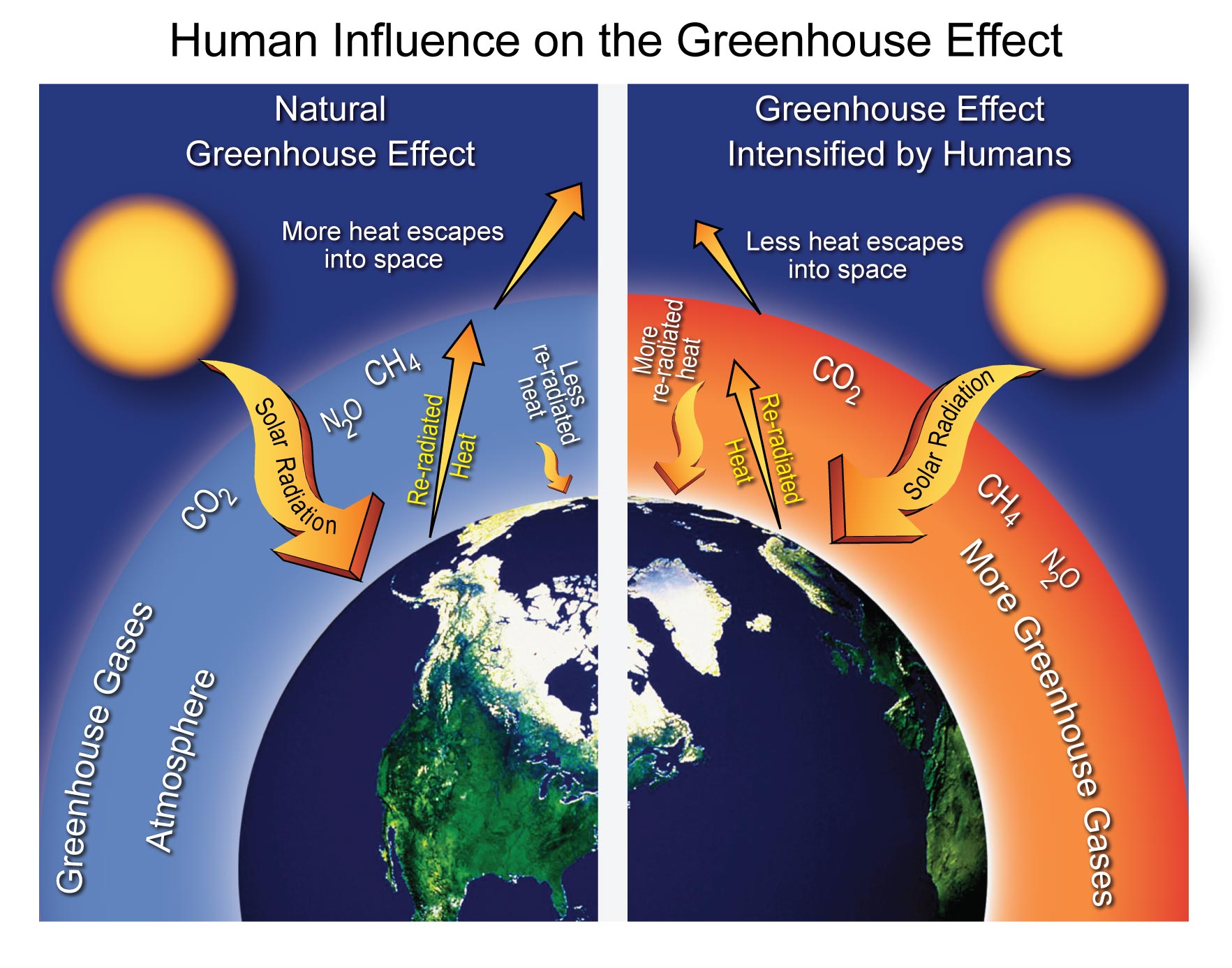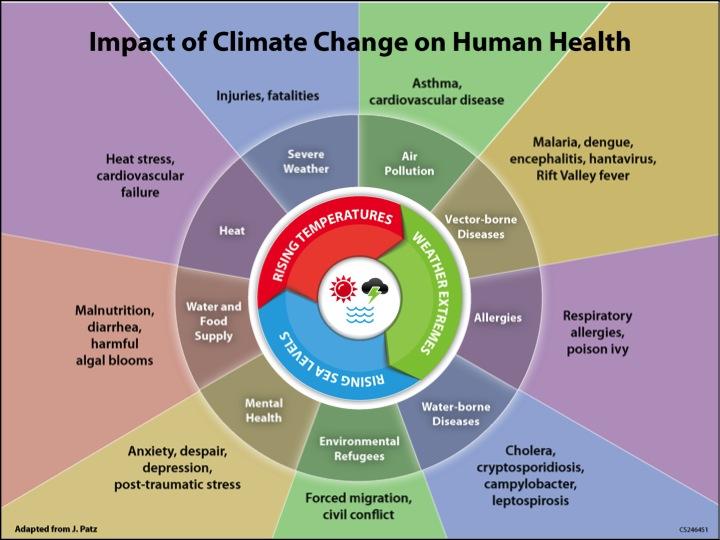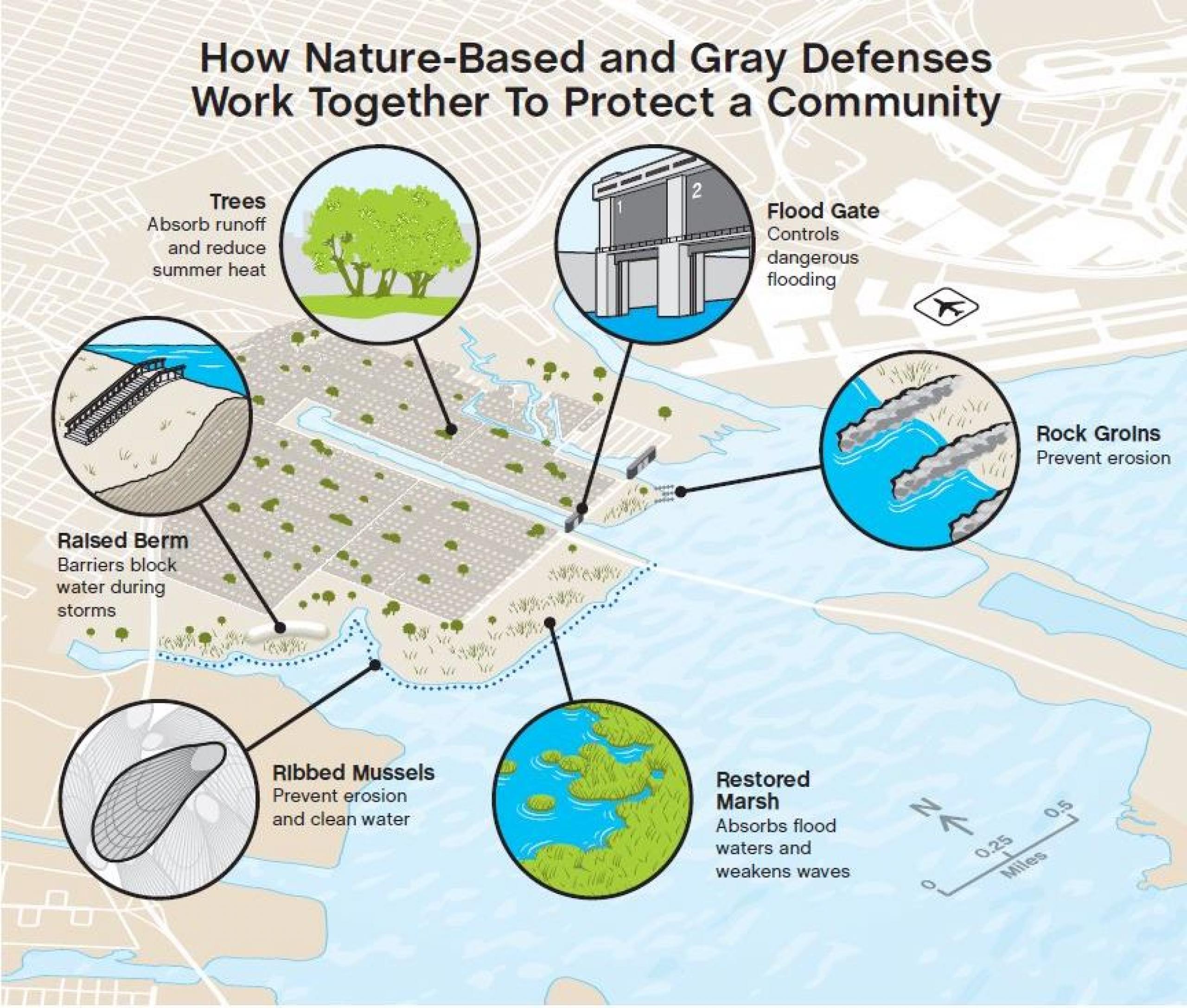Global Warming Presentation
| Introduction to Global Warming | ||
|---|---|---|
| Global warming refers to the long-term increase in Earth's average surface temperature. It is primarily caused by the release of greenhouse gases, such as carbon dioxide and methane, into the atmosphere. The consequences of global warming can be devastating, including rising sea levels, extreme weather events, and loss of biodiversity. | ||
| 1 | ||
| Causes of Global Warming | ||
|---|---|---|
| The burning of fossil fuels, such as coal, oil, and natural gas, is the main source of greenhouse gas emissions. Deforestation and land-use changes also contribute to global warming through the release of carbon dioxide. Other human activities, such as industrial processes and agriculture, release additional greenhouse gases. | ||
| 2 | ||
| Impacts on Climate | ||
|---|---|---|
| Global warming disrupts the Earth's climate system, leading to changes in temperature, precipitation patterns, and weather extremes. Rising temperatures are causing the polar ice caps to melt, leading to sea-level rise and increased coastal flooding. Changes in precipitation patterns can result in more frequent and intense droughts, floods, and storms. | ||
| 3 | ||
| Impacts on Ecosystems | ||
|---|---|---|
| Global warming threatens the survival of many species, as they struggle to adapt to rapid changes in their habitats. Coral reefs, for example, are highly sensitive to temperature increases and are at risk of bleaching and death. Changes in ecosystems can also impact human health, food security, and economic stability. | ||
| 4 | ||
| Human Health Effects | ||
|---|---|---|
| Rising temperatures can lead to heat-related illnesses and deaths, particularly in vulnerable populations. Changes in climate patterns can also affect the spread of vector-borne diseases, such as malaria and dengue fever. Increased air pollution, driven by global warming, can worsen respiratory and cardiovascular diseases. | ||
| 5 | ||
| Mitigation Strategies | ||
|---|---|---|
| Transitioning to renewable energy sources, such as solar and wind power, can significantly reduce greenhouse gas emissions. Energy efficiency measures, like improving insulation and using energy-efficient appliances, can also contribute to mitigating global warming. Protecting and restoring forests, as well as adopting sustainable agricultural practices, can help sequester carbon dioxide. | ||
| 6 | ||
| Adaptation Strategies | ||
|---|---|---|
| Developing and implementing climate-resilient infrastructure can help communities cope with the impacts of global warming. Enhancing water management systems, such as building reservoirs and improving irrigation techniques, can address changing precipitation patterns. Implementing early warning systems and disaster preparedness plans can help reduce the risks associated with extreme weather events. | ||
| 7 | ||
| International Efforts | ||
|---|---|---|
| The United Nations Framework Convention on Climate Change (UNFCCC) aims to stabilize greenhouse gas concentrations in the atmosphere. The Paris Agreement, adopted in 2015, sets targets for reducing greenhouse gas emissions and promoting adaptation and financial support for developing countries. Many countries have implemented policies and initiatives to reduce emissions, increase renewable energy adoption, and promote sustainable practices. | ||
| 8 | ||
| Individual Actions | ||
|---|---|---|
| Individuals can make a difference by reducing energy consumption, such as using public transportation, carpooling, or biking. Supporting renewable energy options, such as installing solar panels or purchasing green energy, can contribute to reducing greenhouse gas emissions. Making sustainable choices in daily life, like reducing waste, recycling, and choosing eco-friendly products, can also have a positive impact. | ||
| 9 | ||
| Conclusion | ||
|---|---|---|
| Global warming is a pressing issue that requires immediate action at all levels, from individuals to governments and international collaborations. By understanding the causes and impacts of global warming and implementing mitigation and adaptation strategies, we can work towards a more sustainable and resilient future. Together, we have the power to combat global warming and protect our planet for future generations. | ||
| 10 | ||
| References (download PPTX file for details) | ||
|---|---|---|
| IPCC. (2018). Global Warming of 1.5°C. Retrie... NASA. (n.d.). Global Climate Change: Vital Si... UNFCCC. (n.d.). What is the United Nations Fr... |  | |
| 11 | ||









